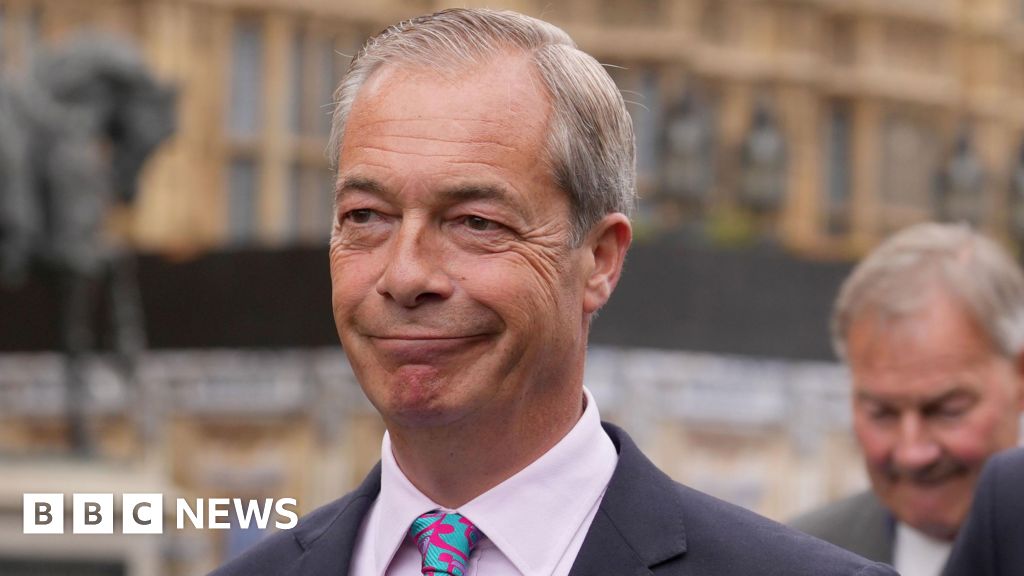Vladimir Putin, the President of Russia, officially recognized last Tuesday, February 22, the independence of the Separatist People’s Republic of Donetsk and Lugansk, located in eastern Ukraine.
Prior to this announcement, the head of state ordered two days later, the start of a different military intervention in the neighboring country. “Ukraine decided not to cooperate with us and take advantage of our wealth. We are ready to show them what decommunization really means.” determined at that time.
YouTube, which is the most important video platform in the world, decided to block Russian media channels RT and Sputnik throughout Europe, due to the conflict taking place in that country.
“We blocked RT and Sputnik accounts across Europe, with immediate effect. Our system takes a little time to fully operate. Our team is monitoring the situation 24 hours a day to act as quickly as possible.” specified in the press release.
The UK government, too, reported a few days ago that the state channel RT is being temporarily removed from programming networks across the UK.
“Ever since Putin started his invasion, I am very clear that you must not exploit our free media to spread toxic propaganda in British homes.” Culture Minister Nadine Dorries told parliament.
Then the official added: “I am very pleased to see that as of yesterday the channel is no longer broadcasting on UK television after being pulled from the broadcasting services Sky, Freeview and Freesat, main operator.
RT, formerly Russia Today, is currently the subject of 27 investigations by British media regulator Ofcom, due to its lack of impartiality in its coverage of the Russian military invasion of Ukraine.
London recently called for a review of its broadcast license, but Prime Minister Boris Johnson said he would prefer decisions to come from independent regulators and not from politicians, in the name of “freedom of expression.”
Meanwhile, the Russian-language BBC news site has seen its audience more than triple since the start of the invasion, reaching an average of 10.7 million visits per week, compared with the same period the previous year.
Facebook, belonging to the Meta group, has also decided to block the content of the RT and Sputnik channels in European Union (EU) countries, which are considered part of the official Russian media.
“We have received requests from various governments and EU to take additional action regarding Russian State-controlled media,” wrote Nick Clegg on Twitter, Vice President Meta, justified the suspension with the “extraordinary nature of the situation.”
All of these announcements are in line with the ban on the two media outlets imposed by the President of the European Commission, Ursula von der Leyen, who found the two media guilty of selling “lies to justify” the war launched by President Vladimir Putin against Ukraine.
*With information from AFP.
As this is news of global interest, all content about the conflict between Russia and Ukraine will be freely accessible to our readers on all SEMANA digital platforms.

“Subtly charming web junkie. Unapologetic bacon lover. Introvert. Typical foodaholic. Twitter specialist. Professional travel fanatic.”

:quality(50)/cloudfront-us-east-1.images.arcpublishing.com/semana/LJ2IMAYDVZBXPIRD36MJH3TBUY.jpg)





